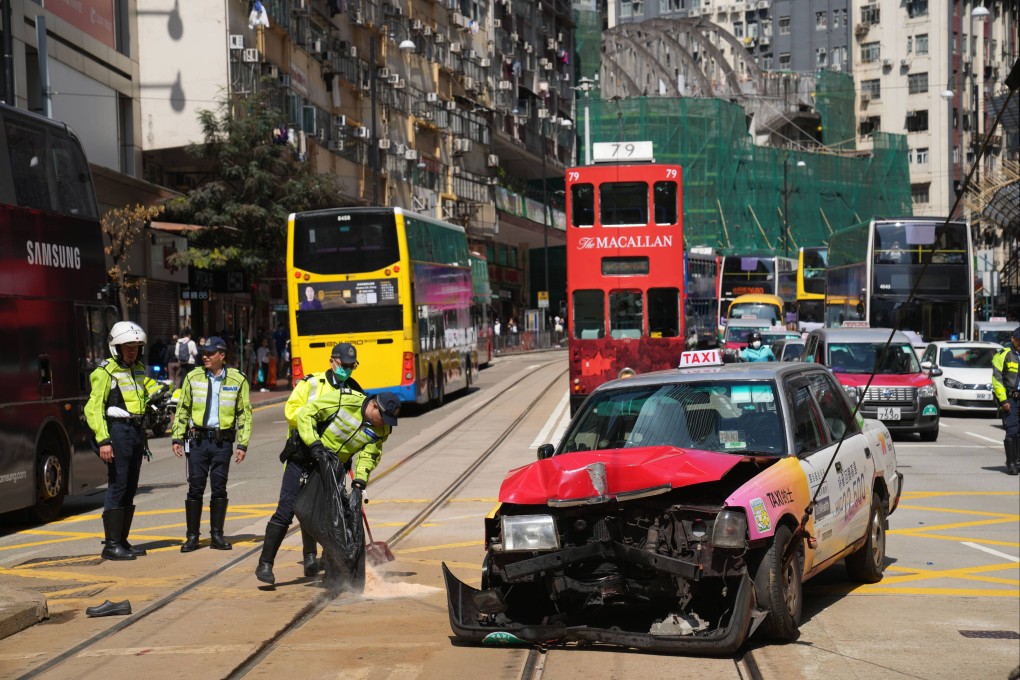Letters | In Hong Kong, 60-somethings retire and 80-somethings drive taxis. Go figure
- Readers discuss whether elderly people should work as drivers, and why the focus should be on driving, not age

Although accidents can be caused by younger drivers too, those would usually be due to attitude, rather than general fitness. It would go against common sense to say that age does not significantly affect fitness and increase accident risk.
Commercial driving is not casual driving, but continuous driving for half a day and much more demanding. The government may accept the argument that people have the right to earn a living, regardless of their age, but what about the right of other road users, young and old, to personal safety? Could the current medical check-ups for drivers be too lenient?
This opens up another issue. Why would people need to do such physically demanding jobs in their old age? We have all seen elderly people with white hair, seemingly in their 70s or older, cleaning the streets in the blazing sun, collecting cardboard or pushing carts on busy roads. What has gone wrong with retirement protection in Hong Kong, such that our old people are unable to enjoy a relaxing retirement in their twilight years?